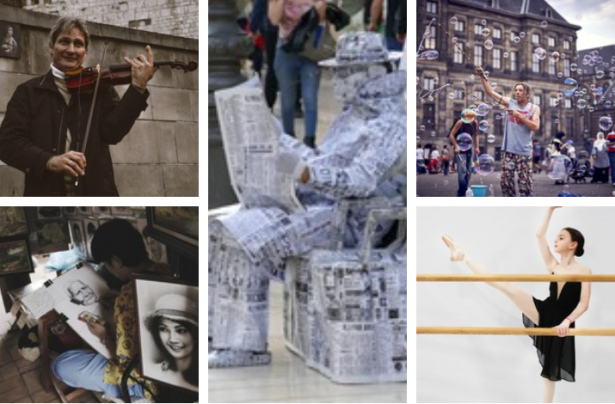The sudden and unpredictable consequences of the coronavirus pandemic have had a strong negative impact on independent artists, as the prevention measures made it impossible for them to earn their living. In response, the Ministry of Culture provided them with financial support, but several artists filed a complaint to us in regard to support criteria and application process.
Namely, the amounts of support were established on the basis of the work done in the previous year, which is a necessary and justified condition due to the limited source of funding. But the actual income, which was set as a criterion, is not necessarily an accurate indicator because for many independent artists, payment is often late or sometimes even completely absent. Therefore, according to the opinion we sent to the Ministry of Culture, the criteria in future calls for support should show the work more realistically, eg. by the due date of receivables or contracted work, regardless of whether they were actually paid.
The Ministry of Culture has tried to include as many artists and cultural workers as possible, by dedicating a low financial threshold for support and enabling a wide range of evidence of the impact the crisis has had on their ability to work, which is certainly positive and welcomed. Support was also available to all artists who work professionally and whose main occupation is the artistic profession, regardless of whether they have the status of self-employed artists, independent artists whose contributions are paid from the state budget or independent cultural professionals who are members of professional associations and earn income through part-time engagements.
However, if the need for support arises again, it is important to enable the submission of applications by mail or in person, not only through the eCitizens system. According to our complainants, many independent artists do not use or have access to a computer or the eCitizen system, nor could they gain it during the pandemic. Also, in regard to legal certainty, it is necessary to clearly indicate all required information from the very beginning as being mandatory or optional, both in the tender and in the accompanying documentation, which was not the case now, so some applications were initially rejected as incomplete. Shortly after noting this problem, Ministry of Culture published more detailed instructions and made servants available by phone or e-mail for all inquiries and assistance in completing applications.
According to the Constitution of the Republic of Croatia, the state encourages and helps the development of science, culture and art and protects them as spiritual national values. And although the contribution of independent artists to society is unquestionable, their work, regardless of the pandemic, is often financially underestimated and receiving a payment difficult or sometimes even impossible. If there is a need for financial support in the future, it is important to bear in mind their constitutional position and pay special attention to the evaluation of artistic work, and therefore enable them to live in dignity, despite of conditions in which they cannot work and earn their living.


